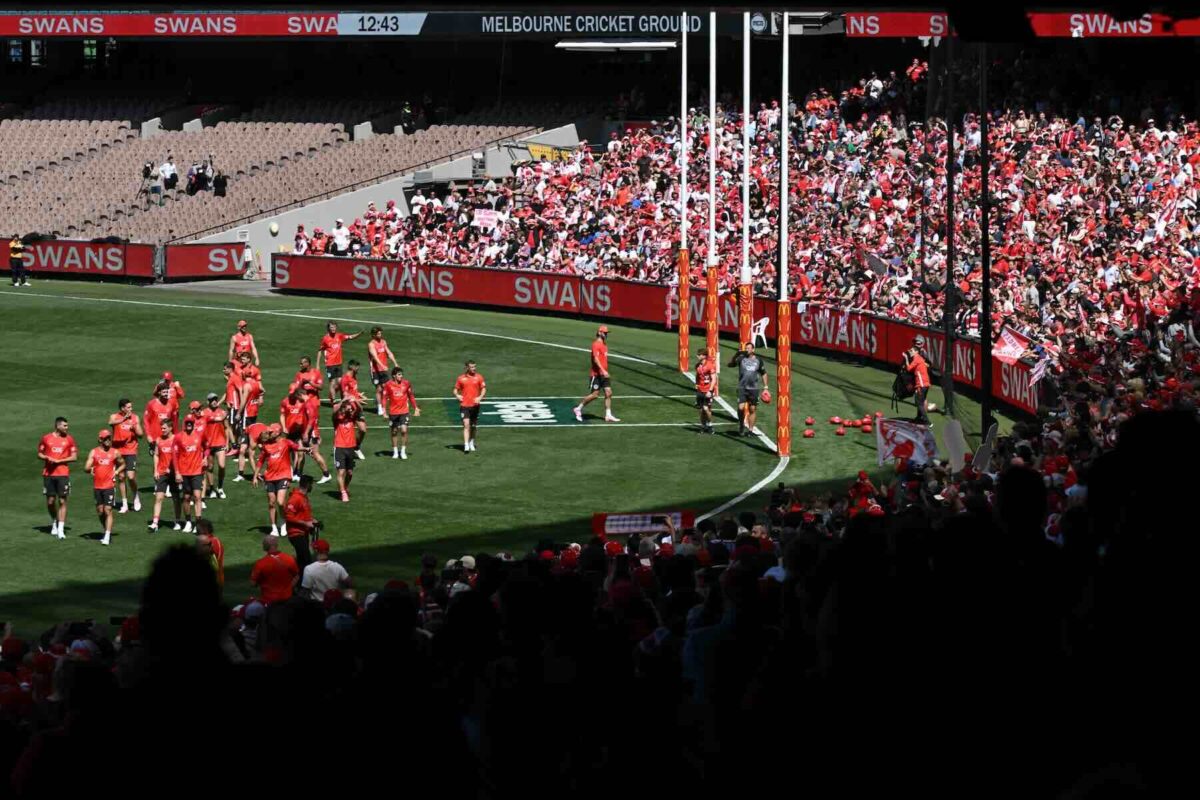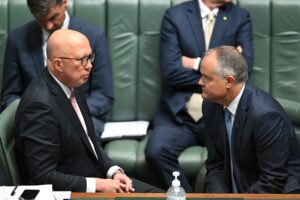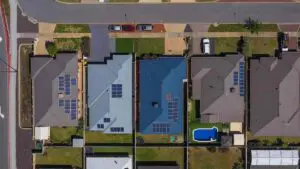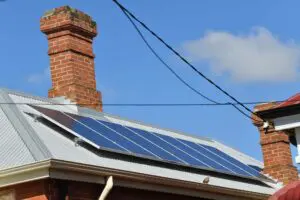Australian consumers – at least those interested enough in the workings of the electricity grid – have long been aware of the risk of “load shedding”, or forced outages, if there is not enough supply to meet demand.
This weekend the reverse might happen. As Victoria heads into grand final weekend, the Australian Energy Market Operator is warning of a risk that – rather than not enough supply – there might not be enough demand to ensure that the grid is stable and the lights kept on.
AEMO this week issued, for just the second time, a Minimum System Load (MSL) warning, and on Friday updated it to warn that there may be insufficient demand to keep the system in an operating state.
At around 1pm, just 90 minutes before the scheduled kickoff at 2.30pm, regional demand is forecast to fall to just 1638 MW – which is below its trigger point for issuing an MSL level 1 warning.

Why is this so? Well, on weekends demand is usually lower because of reduced industrial activity, and if the weather is fine and the air con and heating are off, and the rooftop solar systems are generating lots of power, then “operational” demand, the things that AEMO can easily control, falls.
AEMO likes to keep certain levels of “operational” demand, which allow coal, gas, hydro, or large scale wind or solar to keep generating – some of it for power reasons (system reliability) and some for essential grid services, system security, which help it keep the lights on.
AEMO says that if operational demand were to fall to1365 MW on Saturday, it will issue an MSL level 2, which affects networks only and instructs them to return to service any lines affected by maintenance.
If demand was to fall further to 865 MW on Saturday, then that would trigger an MSL Level 3, at which point it could instruct local network companies to switch off a certain amount of rooftop solar PV.
In the future, as Renew Economy reported this week, AEMO will also be able to instruct the owners of battery storage projects to discharge in the morning, and stay empty through the day in case they are needed to charge up – which would create more grid demand.
That new protocol is being introduced in Victoria and South Australia precisely so that the market operator has other options before it needs to turn to the solar switch off – it seems solar households and their political representatives don’t like it.
The chances of rooftop solar PV actually being turned off for the grand final are pretty remote.
For a start, all those TVs being switched on may actually cause an increase in demand, presuming Victorians remain interested in a match between teams from Sydney and Brisbane. But, if during the pre-match lunch or drinks the rooftop solar output is switched off, you will know why.
Note: An earlier version of this story said that it was the first MSL notice issued by AEMO, but it turns out one was issued in Victoria on New Year’s Eve last year.










